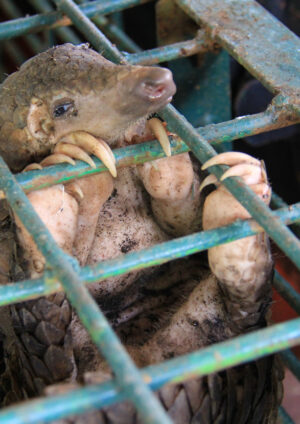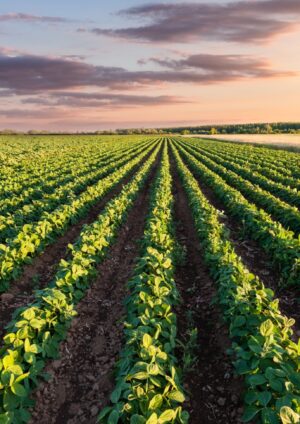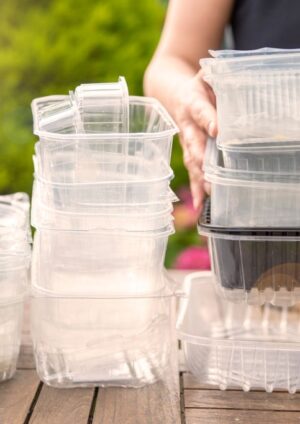ISSB sets new rules for business’ climate disclosures
The ISSB has set out new global baseline rules for firms to disclose how climate change affects their business. In February 2023 the International Sustainability Standards Board (ISSB) agreed on all the technical content of its initial standards ahead of their expected issuance at the end of Q2 2023. The ISSB has already announced a package of reliefs and guidance to support use of the new standards, enabling companies to scale up their approach to using them over time. The initial IFRS Sustainability Disclosure Standards, S1 and S2, will become...




